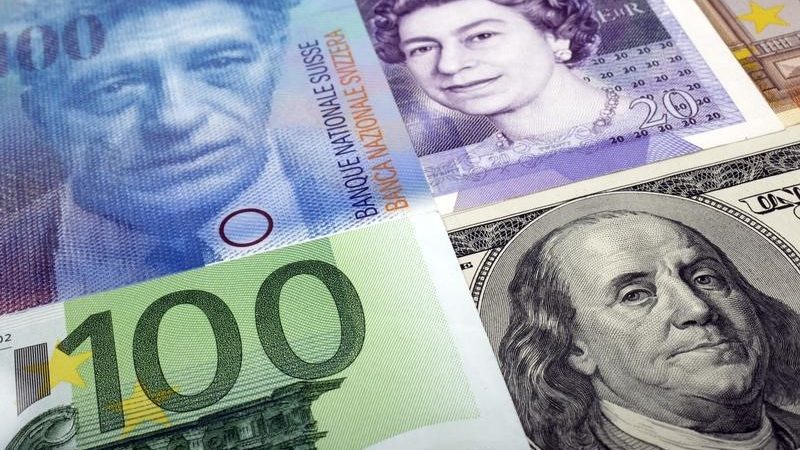
Forex – Dollar falls in Asia as NKorea sanctions fall short
Investing.com – The dollar fell in Asia on Tuesday as investors noted the impact of the latest U.N. sanctions on North Korea for its weapons programs were weaker than expected and that political risk remained a strong regional concern.
USD/JPY traded at 109.30, down 0.09%, while AUD/USD changed hands at 0.8013, down 0.17%.
The U.S. dollar index, which measures the greenback’s strength against a trade-weighted basket of six major currencies, fell 0.08% to 91.58.
Australia reported the NAB business confidence reading for August came in a 5 and the NAB business survey at 15, compared to 12 and 15 respectively in July.
Overnight, the dollar rose against a basket of major currencies on Monday, buoyed by a sharp fall in demand for safe-haven currencies as geopolitical uncertainty eased after North Korea did not conduct a nuclear test over the weekend as feared.
The dollar climbed from its deepest weekly drop in two months as risk-on sentiment returned after North Korea marked the 69th anniversary of its founding on Saturday without any further missiles or nuclear tests easing demand for safe haven currencies like the yen and Swiss franc.
Meanwhile, investors expressed relief after Hurricane Irma was downgraded to a tropical storm, lowering the potential of further damage to the U.S., as some commenters estimated the damage from Irma to be about $100 billion.
“We believe the damage estimate from Irma to be about $100 billion, among the costliest hurricanes of all time. This amounts to 0.5 of a percentage point of the GDP of $19 trillion,” Joel Myers, AccuWeather’s founder, president and chairman, said in a statement.
Despite its rebound on Monday, outlook for the dollar remained bearish as speculators ramped up short bets on the greenback to a nearly 5-year high, according to data from Commodity Futures Trading Commission.
The euro gave up recent gains against the dollar, falling 0.58% to $1.1965 after European Central Bank board member Benoit Coeure said improved euro zone growth could offset some of the negative effects of the euro’s strength but a persistent exchange rate shock could drag down inflation.


